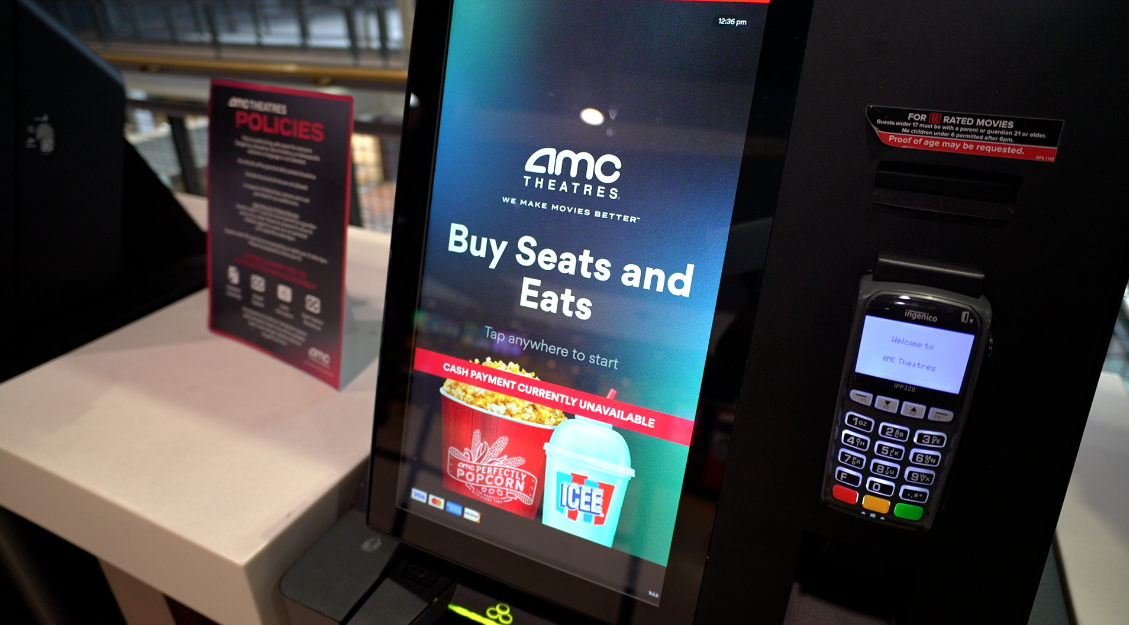With everything from groceries to rent seemingly costing more, some people, like Catherine Yin, are looking to their neighbors to find ways to save money — and the environment.
After finding herself unemployed for most of the pandemic, Yin leaned on her local "Buy Nothing" group to help her furnish her Chicago apartment.
"My rubbish might be someone else's treasure, and someone else's rubbish might be my treasure," she said.
It's not charity; it's a hyper local community where neighbors post items or services on Facebook or the project's app. They give, receive or borrow with no strings attached. No money is exchanged, and bartering or offering money is forbidden.
Yin furnished half her living room and kitchen with items from the Buy Nothing community.
"If you're mindful and patient enough, you can finance your entire home without spending any money," Yin said.
Yin now works as an associate at a Chicago law firm. This year, instead of receiving, she's gifting a quarter of her closet to other women in the community.
"I'm fairly petite, so I was able to have a very petite girl who came and then took, like, three big bags of clothes from me."
The Buy Nothing Project isn't limited to Chicago neighborhoods; it's a global phenomenon with over 7 million neighbors participating in hyper-local giving.

Try the 'Frugal February Challenge' to help rebuild your savings
These simple tips can help you cut expenses and boost your bottom line this month.
"We never imagined that the Buy Nothing Project would grow so readily from basically two people, two good friends, to over 7 million neighbors around the world participating in hyper-local gift economies," said Liesl Clark, co-founder of the Buy Nothing Project. "That wasn't our vision from the beginning."
The Buy Nothing Project started in 2013. Clark thought it would be between friends and neighbors as a way to save the environment by buying less, but the idea spread — a gift economy where people share, receive and connect.
And it's not just material things either; some have donated time, like reviewing resumes.
"It actually becomes the most valuable part of a gift economy are those relationships that we forge with each other and the people that we end up meeting," Clark said.
In Lakeview East, Chicago, mother of two Aditi Chakraborty has connecting with other mothers on Buy Nothing. She's also received a lot of kids' items from the group.
"Water bottles for my kids, lunch bags, the insulated lunch bags, clothes, books and toys for my kids — that is something that I try to get because all those things are generally in good condition and can be reused for a very, very long time," she said.
Aside from toys, Aditi Chakraborty says 70% of her kids' clothes are gifted. The rest, like underwear and traditional Indian clothes, she buys. She has also regifted clothes when her kids outgrew them, trying to help other families benefit too.
"There is a single mom in the group currently who is, like, really struggling, so the group has helped her tremendously as well," Aditi Chakraborty said.
The Buy Nothing members pulled together diapers and ointment for the baby, and it was set up anonymously for the mother to pick up.
It's this generosity, a lesson in sharing, that Aditi Chakraborty and her husband Sourya Biswas hope to teach their kids.
"If you have a lot yourself, it's always good to share your good fortune with other people," Biswas said.
"If you have something that you have a lot, you have to share to other people," said Arihant Biswas Chakraborty, the couple's 6-year-old son.

10 things you didn’t know you could borrow from your local library
Beyond the standard items such as magazines, CDs and DVDs, some public libraries offer things like tools, instruments, and art supplies to borrow.










